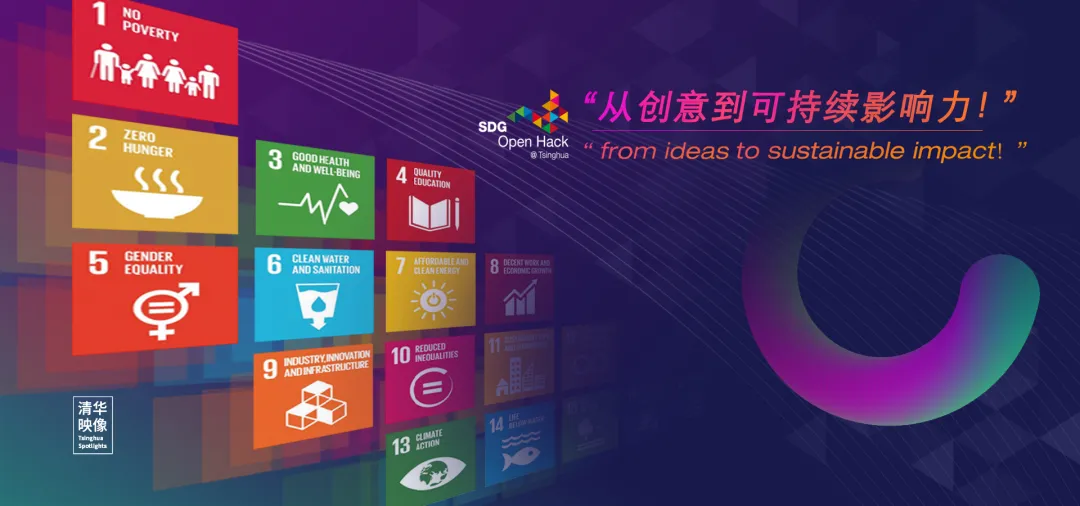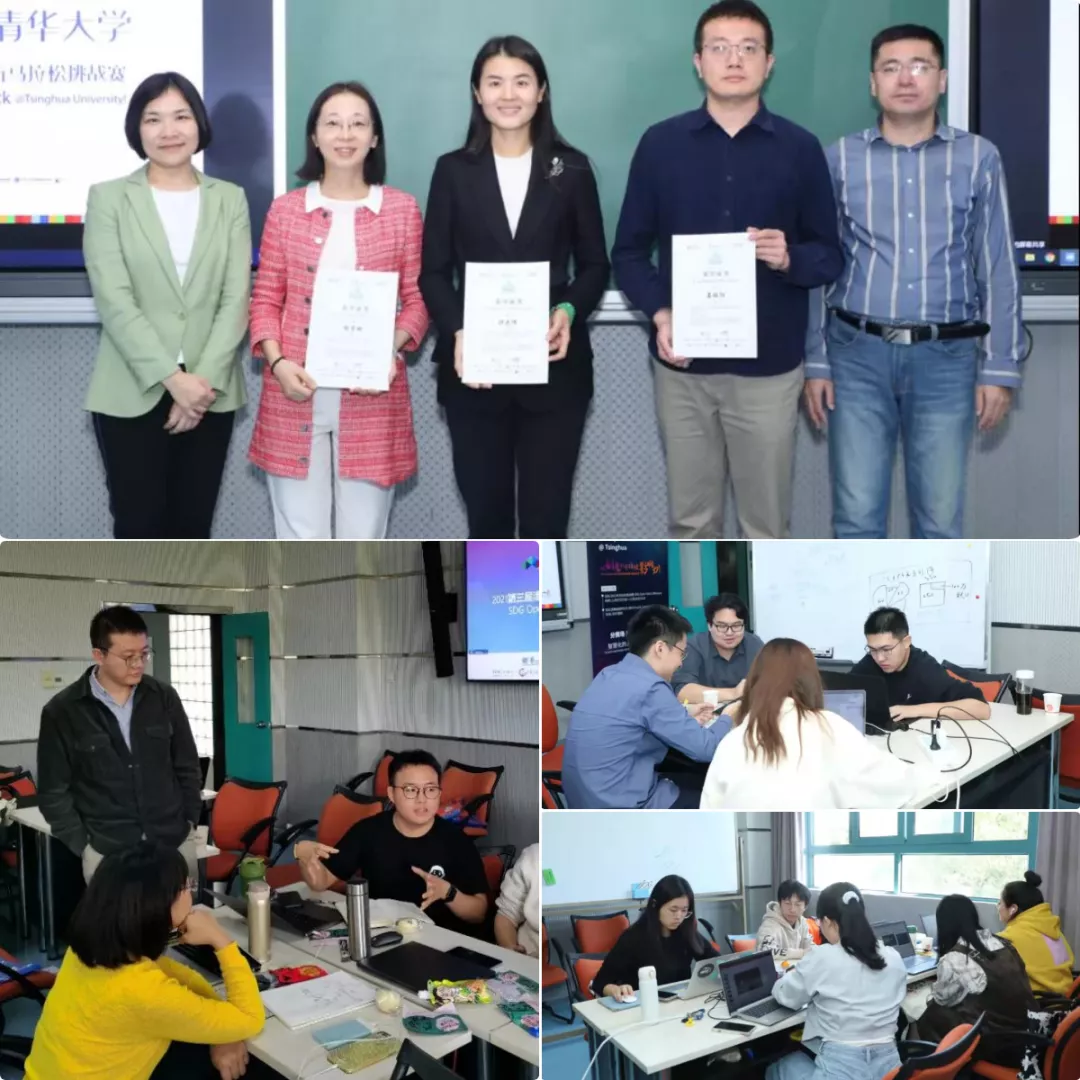Seeed Participates in Tsinghua University-Led “SDG Open Hack” as a Mentor and Sponsor for Students’ Smart and Sustainable Community Projects
By Ye Seong SHIN 3 years agoTo encourage and foster an environment where university students’ creativity, enthusiastic hearts, and innovative solution ideas on sustainable development challenges can be nurtured, “SDG Open Hack” has been organized annually since 2019. Ever since the Hack was held, Seeed Studio has been an engaged partner to contribute to the advancement of SDGs in the academic realm through mentoring and sponsoring open source hardware products. In this two-day event, students came up with innovative solutions on elderly care, waste management, digital recycling, cultural heritage protection, and shared economy, by incorporating the application of science and technology. Thereby, SDG Open Hack sought to achieve the UN’s SDGs 4, 12, 11, 17, 5, 9, 13 and 16.
Project Name: SDG Open Hack
Deployment Location: China
Targeted Industry Type: STEAM Education
Project Partner(s): 
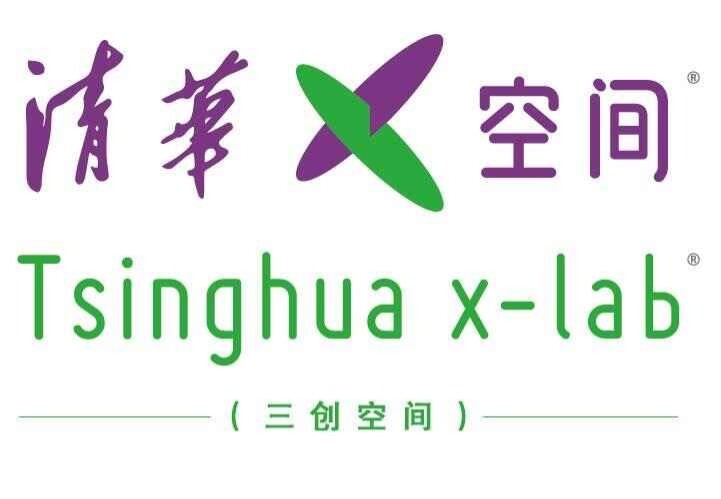
Starting from the end of 2019, COVID-19 has brought unprecedented challenges to our globalized planet, and so open innovation in search of sustainable development has never been so urgent. Sadly, however, even though we have only 8 years to achieve the UN’s 2030 Agenda of SDGs, some national strategies in multi-stakeholder engagement and bottom-up innovation are still under development, if not superficially done. With increasing global health risks, socioeconomic inequalities, and human-made natural disasters, fostering a holistic and multidisciplinary perspective on open innovation has been gaining its significance in recent years. One of such global trends include multidisciplinary hackathons, where people from all backgrounds, professions, sectors, nationalities, and age come together to solve glocally rampant challenges, to apply prototypes in real life, and to scale-up the matured prototypes at larger scale (Figure 1). Furthermore, according to Gathering for Open Science Hardware’s (GOSH) recent policy brief, open source hardware are proven to help (GOSH, 2021):
- Build innovation capacity in countries with low investments in science, technology and innovation
- Promote new multi-stakeholder partnerships among companies, academia, and civil society organizations towards reaching the SDGs
- Make science and technology more democratized, transparent, participative, and accessible
Figure 1. What a Multi-Disciplinary Hackathon Looks Like: SDG Open Hack 2020
(Tsinghua Shenzhen International Graduate School, 2020)
What’s the Challenge?
How to facilitate university students to become social innovators who can contribute to addressing developmental challenges worldwide?
What’s the Project About?
To encourage and foster an environment where university-level students’ creative ideas, enthusiastic hearts, and innovative solutions on sustainable development challenges, “SDG Open Hack” (Figure 2) was brought to the fore from 27th to 28th of November this year at Tsinghua University (Tsinghua x-lab, 2021a).
Figure 2. SDG Open Hack at Tsinghua University (Seeed Studio, 2021)
Founded in April 2013, Tsinghua x-lab is Tsinghua University’s educational platform for stimulating and boosting students’ “creativity, innovation and entrepreneurship”. Tsinghua x-lab is operated under the auspices of the School of Economics and Management, and connects 14 schools and departments with students, faculty members, entrepreneurs, investors, and experts. (Tsinghua x-lab, n.d.). Inspired by the SDG Open Hack, Tsinghua University has become a pioneer of China’s SDG education in the academic sector.
More specifically, Tsinghua x-lab’s SDG Open Hack is convened by Tsinghua University Innovation and Entrepreneurship Education Coordination Committee, and co-organized by Tsinghua x-lab and other partners. The event concentrates on the UN’s 17 SDGs to make equitable, safer, healthier, and happier communities. Students were encouraged to freely choose challenges according to their interests, form multidisciplinary teams, and work in groups to develop innovative solutions within 24 hours. This year’s theme of the Hackathon was “Hack 16: Smart and Sustainable Communities”, which facilitated the students to solve real-life challenges of various communities by harnessing cross-sectoral knowledge on information technology, intelligent manufacturing, service design, and community building. (Tsinghua x-lab, n.d.).
To make the event as inclusive and innovative as possible, event registration has been open to all students at Tsinghua University, as well as other domestic and foreign universities. Regardless of their departments, majors, and grades, all of the registered students were welcomed to participate online or offline. Consequently, the number of participating schools in the SDG Open Hack increased from 50 in 2019 to more than 200 in 2020, and this year still maintained a momentum of doubling. (Tsinghua University News Center, 2021).
On this occasion, Seeed Studio’s Product Marketing Manager, Crail Lyu (Figure 3), participated in the Hack as a guiding mentor for students’ projects for 3 consecutive years since 2019 . Indeed, being a global IoT hardware service platform, we have always been an ardent supporter and enabler of open technology for students’ self-empowerment. Ever since the Hack was held, Seeed Studio has been an engaged partner to contribute to the advancement of SDGs in the academic realm through mentoring and sponsoring open source hardware products.
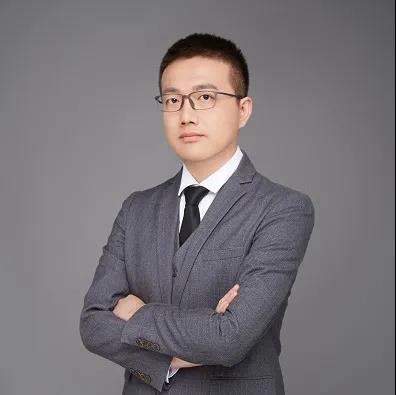
Figure 3. Crail Lyu, Product Marketing Manager of Seeed Studio
Other guiding mentors for the Hacakthon were: Xiaomei Nie (Associate Professor of Design at Tsinghua University), Wenming Yang (Associate Professor of Information Technology at Tsinghua University), Yushan Xu (Researcher at Shenzhen Academy of Social Sciences), and Dawei Ji (General Manager at China Mobile), who were invited to guide the students, and give relevant feedback to develop their solution ideas better (Figure 4). (Tsinghua x-lab, 2021b).
Figure 4. Crail Lyu and Other Mentors at SDG Open Hack Working with Students (Seeed Studio, 2021)
As a result, in efforts to fully leverage their creativity and innovative mindset, students were encouraged to think out-of-the-box by coming out of their comfort zones. Through cooperating with one another, they were able to develop innovative solutions to tackle societal challenges. After ideating the solutions, they presented final solution pitches to judges and the public (Figure 5).
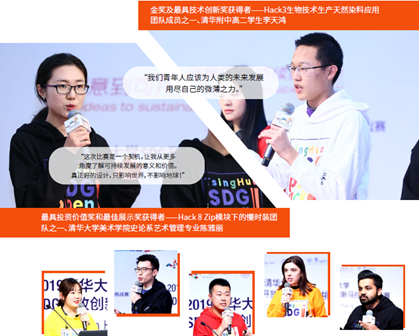
Figure 5. Students Giving Final Pitches at SDG Open Hack 2019 (Tsinghua x-lab, 2021a)
Notably, such a hands-on learning experience on SDGs has enabled students to become aware of the world’s imminent developmental challenges, and realize the significance of having multi-stakeholders’ diverse perspectives in holistic project planning. In this two-day event, students were able to come up with interesting and innovative solutions on, among other things, elderly care, waste management, digital recycling, cultural heritage protection, and shared economy, by incorporating the application of science and technology. At the end, all the participants received a certification of honorable participation jointly issued by Tsinghua University, University of Geneva, and UNITAR (Figure 6).
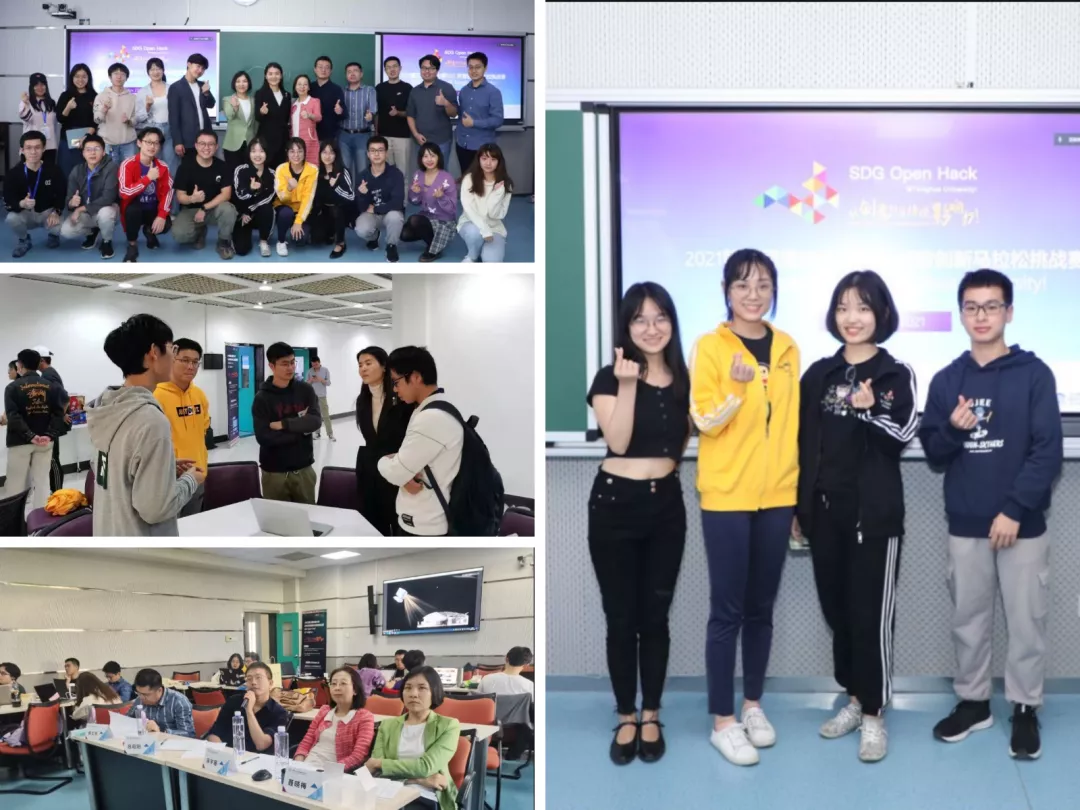
Figure 6. Participating Students and Mentors at SDG Open Hack (Seeed Studio, 2021)
Which SDGs Are Relevant?
In order to effectively understand which SDGs are most closely endorsed by SDG Open Hack, it is helpful to pay attention to Figure 7:
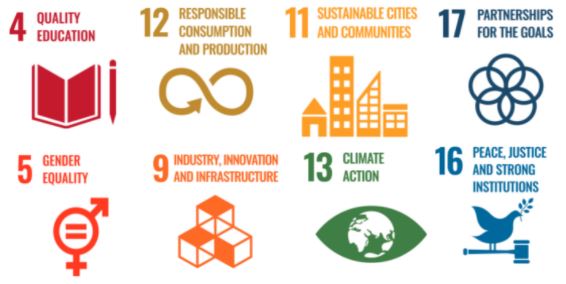
Figure 7. SDG Open Hack’s Contribution to SDGs (UN, 2016)
Now, let’s deep dive into the aforementioned SDGs to understand implications of the SDG Open Hack by looking at their Target areas:
- Guarantee equal access to affordable and quality technical education for all young women and men by eliminating gender disparities in education (Targets 4.3, 4.4 & 4.5)
- Guarantee that all learners have education to obtain the knowledge and skills needed to raise awareness and promote sustainable development and sustainable lifestyles (Targets 4.7 & 12.8)
- Reinforce efforts to protect the world’s cultural and natural heritage (Target 11.4)
- Decrease the cities’ adverse environmental impacts, including waste management (Target 11.6)
- Promote North-South, South-South and triangular regional and international cooperation on science, technology and innovation knowledge transfers, along with sharing environmentally-sound technologies (Targets 17.6, 17.7 & 17.9)
- Augment global partnership for sustainable development through multi-stakeholder partnerships that mobilize knowledge, expertise, technology and financial resources (Targets 17.16 & 17.17)
- Eliminate all forms of discrimination against all women and girls everywhere, and use ICT technologies to facilitate their self-empowerment (Targets 5.1 & 5.B)
- Upgrade scientific research and technological capacity of industries by facilitating innovation in developing countries (Targets 9.5 & 9.B)
- Greatly decrease waste generation through prevention, reduction, recycling and reuse (Target 12.5)
- Improve education and awareness-raising capacity on climate change mitigation, adaptation, impact reduction and early warning (Target 13.3)
- Ensure responsive, inclusive, participatory and representative decision-making at all levels (Target 16.7)
In the present and future, we will continue to advance the SDGs not only with open tech communities, but also with local communities with various needs. As Dr. Gro Harlem Brundtland (Former Chair of the UN’s World Commission on Environment and Development, Former Director-General of WHO, and first female Prime Minister of Norway) made an emphasis on how our lives are influenced by globalization, Seeed Studio is constantly learning, internalizing, and promoting the joint ownership and responsibility for our common challenges. In the end, as one united human race, we hope to transform the world’s unsustainable habits into sustainable ones for our communities, societies, and the planet (UCTV, 2008):
“Globalization has shrunk … distances, broken down old barriers, and linked people together. Globalization has also made problems halfway around the world your problem: everyone’s problem. And it has also made, around the world, something that we need to tackle seriously, that we cannot just see as kind of a film on a TV screen. It relates to all of us.”
About Author
Ye Seong SHIN
Sustainability and CSR Manager at Seeed Studio
。
Jointly organize/participate in multi-stakeholder projects/platforms/events/webinars/workshops/hackathons/etc. to accelerate SDGs with local communities and open tech anywhere in the world by connecting with Ye Seong SHIN today on LinkedIn.
。
Seeed Studio is the IoT and AI solution provider for all types of traditional industries’ sustainable digitalization. Since its establishment in 2008, Seeed Studio’s technological products and customization services are used for smart agriculture, smart cities, smart environmental monitoring, smart animal farming, smart aquaculture, meteorological monitoring, STEAM education, and all types of emerging scenarios enabled by the Industry 4.0. With the company’s mission to “Empower Everyone to Achieve Their Digital Transformation Goals” (which shares similar values with SDGs’ Motto of “Leave No One Behind”), Seeed Studio is devoted to using open source technologies for accelerating SDGs with multi-stakeholders from UN agencies, academia, companies, CSOs, governments, public/private organizations, and so on. This is why, Seeed Studio also founded “Chaihuo Maker Space”, and started China’s first Maker Movement by annually organizing “Maker Faire Shenzhen”.
